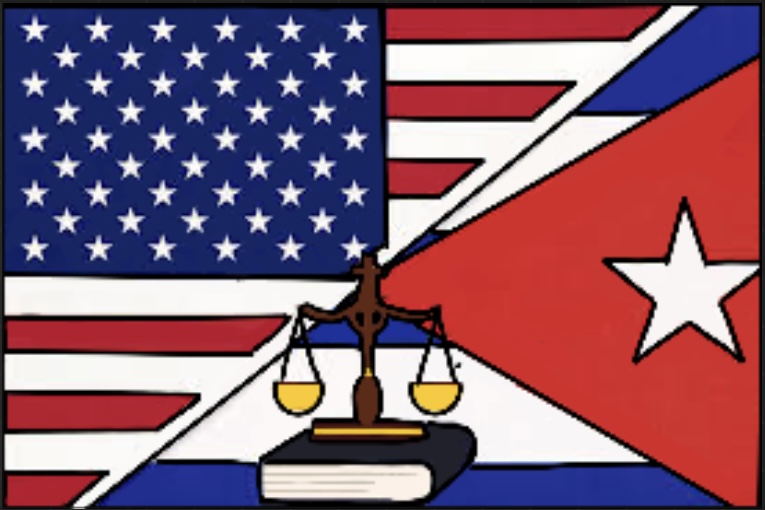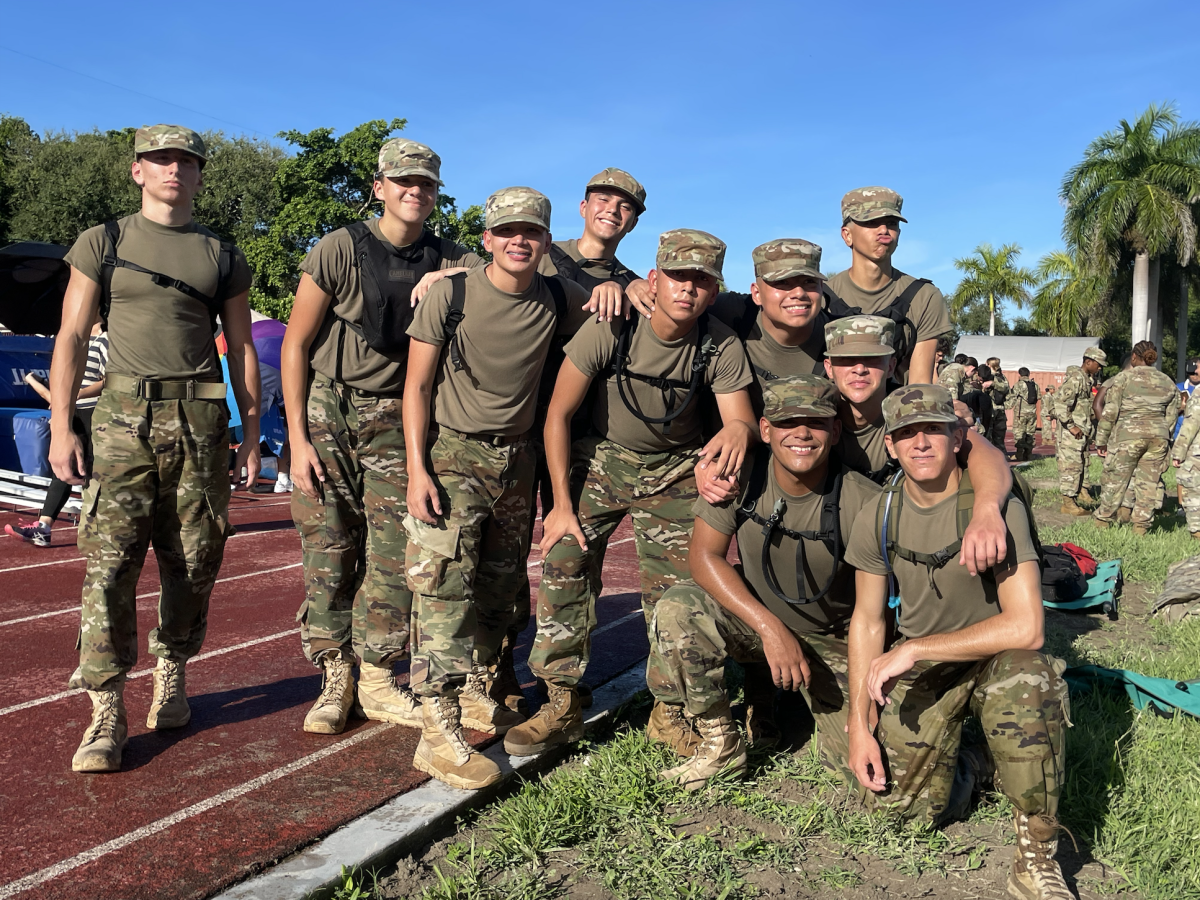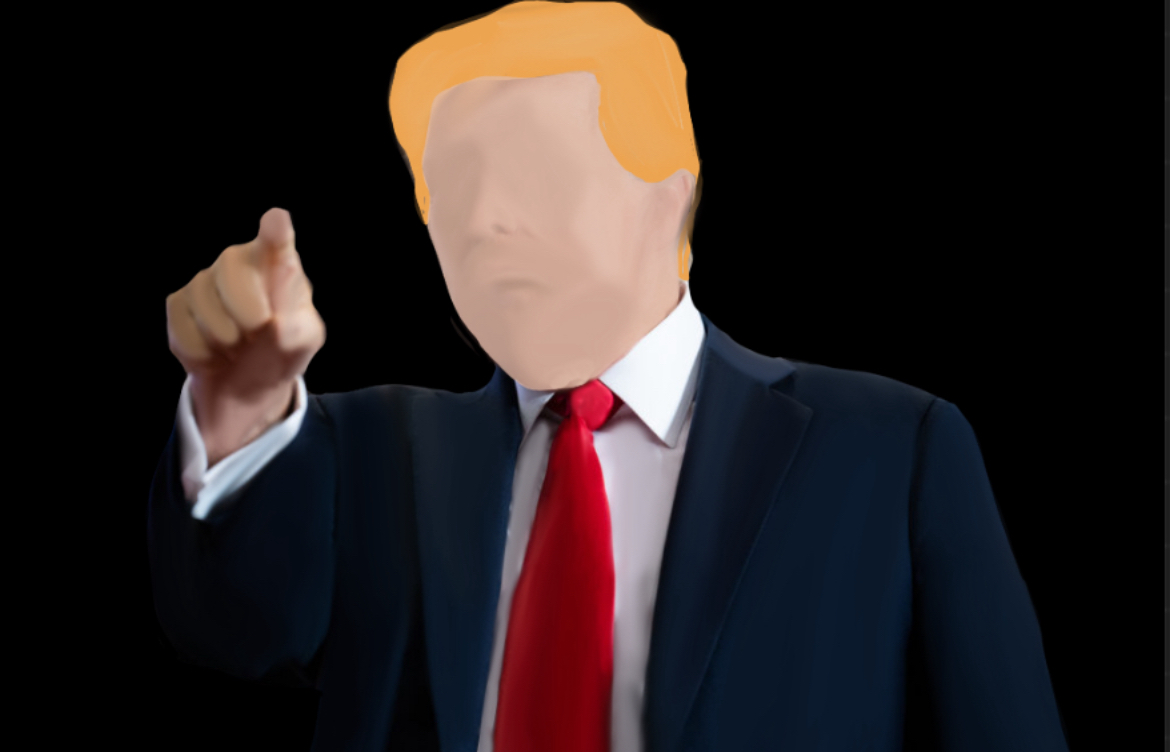There is no doubt that much of South Florida has been greatly impacted by immigration from South America. Cubans have been immigrating since the 1960s and have made an undeniable cultural footprint in Miami, one that can be observed firsthand, given all the cultural hubs like restaurants and coffee shops in the city. Indeed, they have definitely contributed to Miami’s economic growth; the fact that neighborhoods like Little Havana have been named after Cuba portrays the strong influence they have.
“There are Cubans everywhere; even here at Coral Gables Senior High there is a big student population. They are a big part of the culture of Miami. For instance, right next to our school is the very popular Havana Harry’s restaurant,” sophomore Bianca Giordano said.
Recently, there has been a great wave of immigrating Cubans. The Board of Immigration Appeals recently ruled that Cubans who were given an “order of release on recognizance” at the border will not be allowed to apply for permanent residency under the 1966 Cuban Adjustment Act. For a long time, this legislation has allowed Cubans to obtain a green card after staying in the U.S. for over a year. This law that once protected them from deportation after working in the country long-term has essentially been taken away, stripping hundreds of Cubans of their dreams.
“I think that if they have been working in the United States for over a year, the right thing would be to give them their green cards,” sophomore Maria Canizales said.
This new ruling targets Cubans who came into the country with the document 1-220A. According to the BIA, people who were given this paperwork by federal authorities are not eligible for a green card under the requirements of the Cuban Adjustment Act. Anyone let into the U.S. who received a 1-220A, a common practice for those coming over the U.S.-Mexico border, must resort to other ways of obtaining residency, such as seeking asylum. As a result, there is a risk of being deported; the only way Cubans can try to redress this issue is by appealing denied cases in federal court.
Cuban American lawmakers think that if this ruling is not challenged, it will affect a large portion of their population living in the U.S. If this happens, it would cause Cubans to struggle to find jobs, obligating them to return to their home country where they would be oppressed by the horrible communist regime. The country’s economy has collapsed; President Diaz Canel ended the dual currency system, causing Cuba’s currency to lose its value at one of the fastest rates ever recorded in the world. This economic strife, after all, is the reason many Cubans left the island in the first place: to find a better life for themselves and their future generations.
“I think everyone should have the opportunity to move forward with their lives. Why should people have to suffer by living in a corrupt regime if the U.S. is able to help? Cubans should be able to get the chance to fulfill themselves and become a good part of this country too,” junior Bruno Sanchez said.
Conditions in Cuba have caused many to want to seek refuge; their destination of choice is often the U.S., the so-called “land of opportunity”. Many immigrants are forced to go through Panama and Mexico to try to come in, having to travel through treacherous jungles and pay coyotes to cross them over. This is a very dangerous gamble that no immigrant should have to undertake just for the sake of freedom of opportunity. Those in need who are willing to risk their lives to improve their economic status should be protected, not punished. These unfortunate people will be unable to get their green cards in the future due to this ruling.
“It’s bad enough that they have to leave their homes, but now the place they came to in hopes of a better life is also rejecting them. Cubans deserve a right to live without such worry and trouble over their heads,” sophomore Justin Hernandez said.
The BIA has effectively rebuked the hopes of Cubans who successfully crossed the border and began building a better life for their families. Many of these individuals have been working in the U.S. for more than a year; they are essential parts of the economy and try their best to learn English. Unfortunately, this ruling will put an end to the dreams they worked so hard to materialize. But there are ways American citizens can help, such as writing to our representatives to create more visibility and pressuring them to recognize Cuba as a dictatorship.









